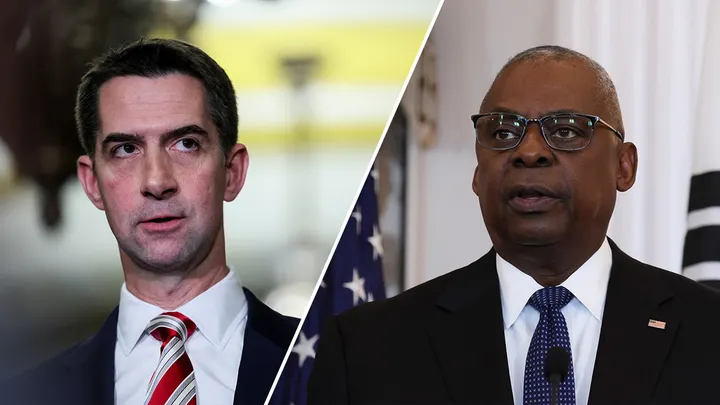- Meta CEO Mark Zuckerberg was interviewed by tech podcaster Lex Fridman
- They covered a range of topics, including a focus on the future of the metaverse
- He explained that the metaverse wasn’t a single virtual world, but a point in time
- It is triggered when people spend more time in virtual reality than the real world
Mark Zuckerberg claims humanity will move into the metaverse in the future, leaving reality behind for a world of our own creation, that we completely control.
The Facebook founder, who has bet everything on the idea of an all-encompassing virtual world – including renaming his firm Meta, was speaking to tech podcaster Lex Fridman on a range of topics, including the future of the metaverse.
He said there will be a point where virtual worlds are so immersive, and convenient, that we won’t want to leave, and this is the point where it becomes the metaverse.
These virtual reality environments aren’t at that level yet, he explained, but lots of people already live much of their lives in the digital world – just on 2D screens.
‘A lot of people think that the metaverse is about a place, but one definition of this is it’s about a time when basically immersive digital worlds become the primary way that we live our lives and spend our time,’ Zuckerberg told Fridman.
Meta plans to spend the next five to 10 years building an immersive virtual world, including scent, touch and sound to allow people to get lost in VR.



